Care coordination is essential for ensuring that patients receive comprehensive and cohesive healthcare across various providers and settings. It involves organizing patient care activities and facilitating communication among all stakeholders, including patients and their families.
Key aspects of care coordination include effective communication, ensuring that all parties involved in a patient’s care are informed; a team-based approach that utilizes multidisciplinary teams to address various health needs; patient-centered care, in which care plans are tailored to individual preferences and needs; and smooth transition of care between different healthcare settings to prevent complications.
Role of Data in Care Coordination
Data plays a critical role in improving care coordination, CureMD’s EHR system leverages data to optimize care coordination through several key features:
- Centralized Patient Records and Comprehensive Patient Profiles
CureMD consolidates all patient information, such as medical history, medications, and lab results, into a single, easily accessible record. This comprehensive view ensures that all healthcare providers involved in a patient’s care have up-to-date information.
- Interoperability and Data Sharing
CureMD’s EHR platform allows for seamless data sharing between different healthcare settings and providers. This interoperability helps facilitate care transitions and ensures that important information is readily available to all relevant parties.
- Real-Time Access and Instant Updates
CureMD provides real-time access to patient data, allowing healthcare teams to respond quickly to changes in a patient’s condition or treatment plan.
- Alerts and Reminders
The EHR includes clinical decision support tools that notify providers of potential drug interactions, allergies, and other critical information, enhancing patient safety and promoting better clinical decisions.
- Care Coordination Tools
CureMD includes features for managing referrals, tracking follow-ups, and coordinating tasks among team members, ensuring everyone is aligned with the patient’s care plan.
- Patient Portal
The EHR offers a patient portal that allows patients to access their health information, schedule appointments, and communicate with their care team, fostering greater patient involvement in their care.
- Data Analytics and Reporting
CureMD enables analytics that can track clinical outcomes and identify trends. This data helps organizations refine care coordination strategies and improve overall care quality.
- Aggregated Data Insights
By analyzing data across populations, CureMD’s EHR supports initiatives aimed at managing population health, identifying trends, and addressing community health needs.
- Risk Stratification and Predictive Modeling Tools
The system can help identify patients at higher risk for complications, enabling proactive interventions tailored to individual needs.
- Compliance and Quality Improvement
CureMD assists in monitoring compliance with quality metrics and regulatory requirements, helping healthcare organizations to continuously improve their care coordination efforts.
A Comprehensive Platform to Deliver Superior Care
Data should always be utilized to optimize patient outcomes. By using CureMD’s EHR platform, you can be assured that care coordination is elevated through its integrated approach to data management, enhancing communication, decision-making, and patient engagement. By providing a comprehensive and user-friendly platform, CureMD’s EHR facilitates better collaboration among healthcare providers, ultimately leading to improved patient outcomes and more efficient care delivery.




More Stories
The Impact of AI Listening Tools in Patient Care
EHR Interoperability – Is it as difficult as it sounds?
From Paper to Pixels: The Fascinating Evolution of Electronic Health Record